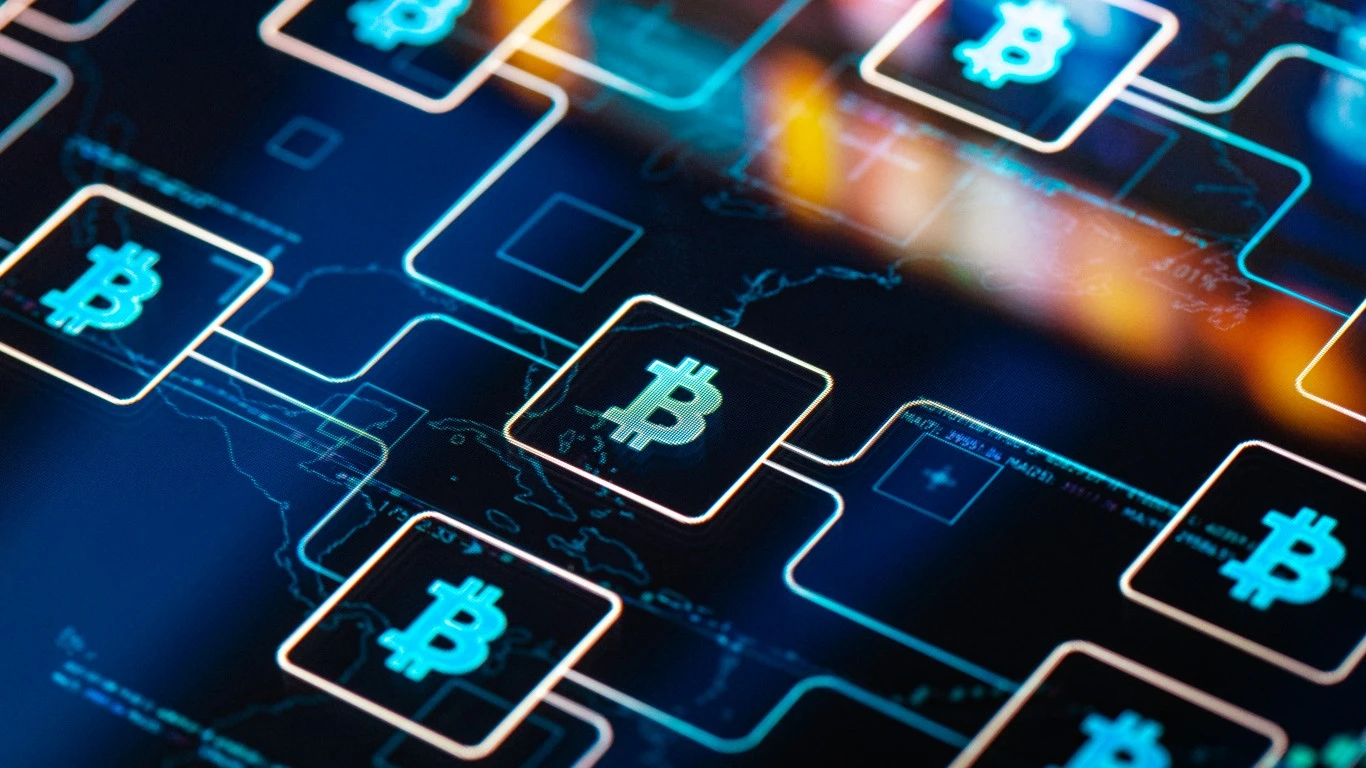
It is an old cliche among crypto nay-sayers that people don’t pay for coffee with Bitcoin, but Jack Mallers is about to change all that.
The founder of Strike aims to transform payments for everyday items on a truly planetary scale.
“If we can help make the Bitcoin network more accessible and usable, we believe we can change the world,” he said while on stage in Miami at the recent Bitcoin 2022 conference.
Mallers announced that payment processors Blackhawk and NCR — which handle about 85% of point-of-sale payments nationwide – have joined the Strike revolution. (Note: NCR serves Starbucks.) Through the partnership, Strike aims to roll out in-person bitcoin payments at dozens of retailers, including McDonald’s, Chipotle, Whole Foods, and Walmart.
It also promises to bring online retail onboard via integration with Shopify.
Strike is poised to make Bitcoin-backed payments go mainstream by enabling individuals and businesses to send currency via the decentralized network at incredible speed and nearly zero cost. If the company succeeds, it will simultaneously revolutionize payment systems and accelerate Bitcoin adoption worldwide.
How Strike works
With Strike, users can send any currency to one another via the Bitcoin Lightning network. They do not need to hold Bitcoin or any other cryptocurrency, though.
For example, suppose a user wants to send $US20 to someone. In that case, Strike will first convert it into Bitcoin, transfer that amount via the network, then convert it back, so the recipient receives US dollars. The same holds across currencies. For example, the sender sends US dollars, and the recipient gets Japanese Yen.
In this way, Bitcoin is simply the intermediary that carries the transaction across the network. The output on either end can be in any currency the user desires (including cryptocurrencies.)
This is all possible through the Lightning Network.
Network layering
The lightning network is a Layer 2 payment protocol built that processes transactions more efficiently and at less cost than those done through Bitcoin’s base layer blockchain.
Unlike the closed networks used by legacy payment providers, Lightning is open to everyone. That guarantees interoperability between all on the network. That integration will likely attract more operators to join its ecosystem until it reaches a critical mass over time and becomes adopted as a new global standard for payments.
Lightning offers another advantage: physical finality. Finality refers to when the receiver officially owns the sent funds.
Legacy systems have to rely on a host of intermediaries and lengthy verification processes to achieve a delayed and costly finality via the rubber-stamping approval of banks. By using Bitcoin’s immutable blockchain technology, Strike can achieve physical and provable finality for its payments at almost zero costs and within seconds.
Striking down incumbents
Strike is ready to disrupt. Strike’s unique value comes from merging two mega-trends – mobile payments and crypto. By leveraging blockchain tech to conduct everyday transactions by integrating the retail economy through an intuitive fintech app, it offers users a compelling new way to pay.
The barrier to entry is low too. Users do not need to know Bitcoin or understand how it works to enjoy the benefits of the service entirely.
That will worry the likes of Mastercard, Visa, Western Union, or PayPal.
There is another perk: the service is free for individual users. Strike instead makes money through merchant fees and the interchange revenue from the Strike Visa debit card, which was launched last year.
Free services have a history of stealing market share via rapid adoption in every phase of the internet’s evolution, from Hotmail’s takeover of email in Web 1.0 to Facebook’s domination of social networks in Web 2.0. As we enter Web 3, Strike aims to do the same in payments.
“By cutting his fees to zero, Mallers essentially forces any competitors to start at zero as well. It is now up to any competitor to try to outcompete Strike and its great user experience,” Jeremy Garcia wrote for Bitcoin Magazine.
If their legacy business models can’t beat Strike, they might as well join its new ecosystem. Visa’s joint release of the Strike debit card is a step in this direction.
“I anticipate that the incumbent payment networks will eventually add support for bitcoin and the Lightning Network,” wrote Anthony Pompliano in The Pomp Letter. “If they don’t, they’re screwed.”
The firm’s marketing hints they may be leaning further in this direction – both Visa and Mastercard were headline sponsors of the Bitcoin 2022 conference.
Strike is hoping its first-mover advantage will keep it ahead of the game. Yet, since the Lightning Network is an open system, the door is open for legacy platforms to jump in and clone its business model.
From gold to cash
The biggest winner of all might be Bitcoin itself.
The world’s largest cryptocurrency is a store of value and a payment network. Although prized by investors for its immutability (likened to “digital gold”), it has so far failed to be adopted by the mass market for everyday purchases (aka. “digital cash”).
If Strike triggers a race for payment processors to join the Lightning Network, Bitcoin adoption will skyrocket. This, in turn, could start another sustained bull run for the value of Bitcoin.
Of course, more mass adoption will benefit other players in the space. Services like Coinbase and Gemini are centralized exchanges where you can purchase bitcoin and other cryptocurrencies. They are likely to see a large increase in users.
Additionally, the newer brokerage houses like Webull and Robinhood, which also trade a limited number of coins, will likely see a significant increase in users looking to own Bitcoin.
The benefits of the mass adoption of bitcoin will be very fareaching.
Originally published at Wealth of Geeks
Sponsored: Find a Qualified Financial Advisor
Finding a qualified financial advisor doesn’t have to be hard. SmartAsset’s free tool matches you with up to 3 fiduciary financial advisors in your area in 5 minutes. Each advisor has been vetted by SmartAsset and is held to a fiduciary standard to act in your best interests. If you’re ready to be matched with local advisors that can help you achieve your financial goals, get started now.



